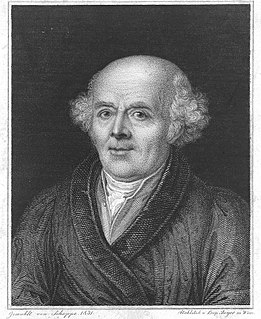A Quote by Alan Huffman
Without effective human intervention, epidemics and pandemics typically end only when the virus or bacteria has infected every available host and all have either died or become immune to the disease.
Related Quotes
An AIDS-free generation would mean that virtually no child is born with HIV; that, as those children grow up, their risk of becoming infected is far lower than it is today; and that those who become infected can access treatment to help prevent them from developing AIDS and from passing the virus on to others.
My general theory since 1971 has been that the word is literally a virus, and that it has not been recognized as such because it has achieved a state of relatively stable symbiosis with its human host; that is to say, the word virus (the other Half) has established itself so firmly as an accepted part of the human organism that it can now sneer at gangster viruses like smallpox and turn them in to the Pasteur Institute.
There are many different causes of the scarring. Viruses are common. Hepatitis B, hepatitis C, what we call autoimmune diseases where the body attacks the liver itself such as primary biliary cirrhosis is an autoimmune disease; sclerosing cholangitis is an autoimmune disease; and so those diseases where the liver is being destroyed by either the virus or an autoimmune disease, it can only scar, and why it doesn't regenerate has to do with the fact that there is this ongoing scar tissue that blocks that regeneration.
Nineteen hundred and three will bring great advances in surgery, in the study of bacteria, in the knowledge of the cause and prevention of disease. Medicine is played out. Every new discovery of bacteria shows us all the more convincingly that we have been wrong and that the million tons of stuff we have taken was all useless.
Every effective drug provokes in the human body a sort of disease of its own, and the stronger the drug, the more characteristic, and the more marked and more violent the disease. We should imitate nature, which sometimes cures a chronic affliction with another supervening disease, and prescribe for the illness we wish to cure, especially if chronic, a drug with power to provoke another, artificial disease, as similar as possible, and the former disease will be cured: fight like with like.

































